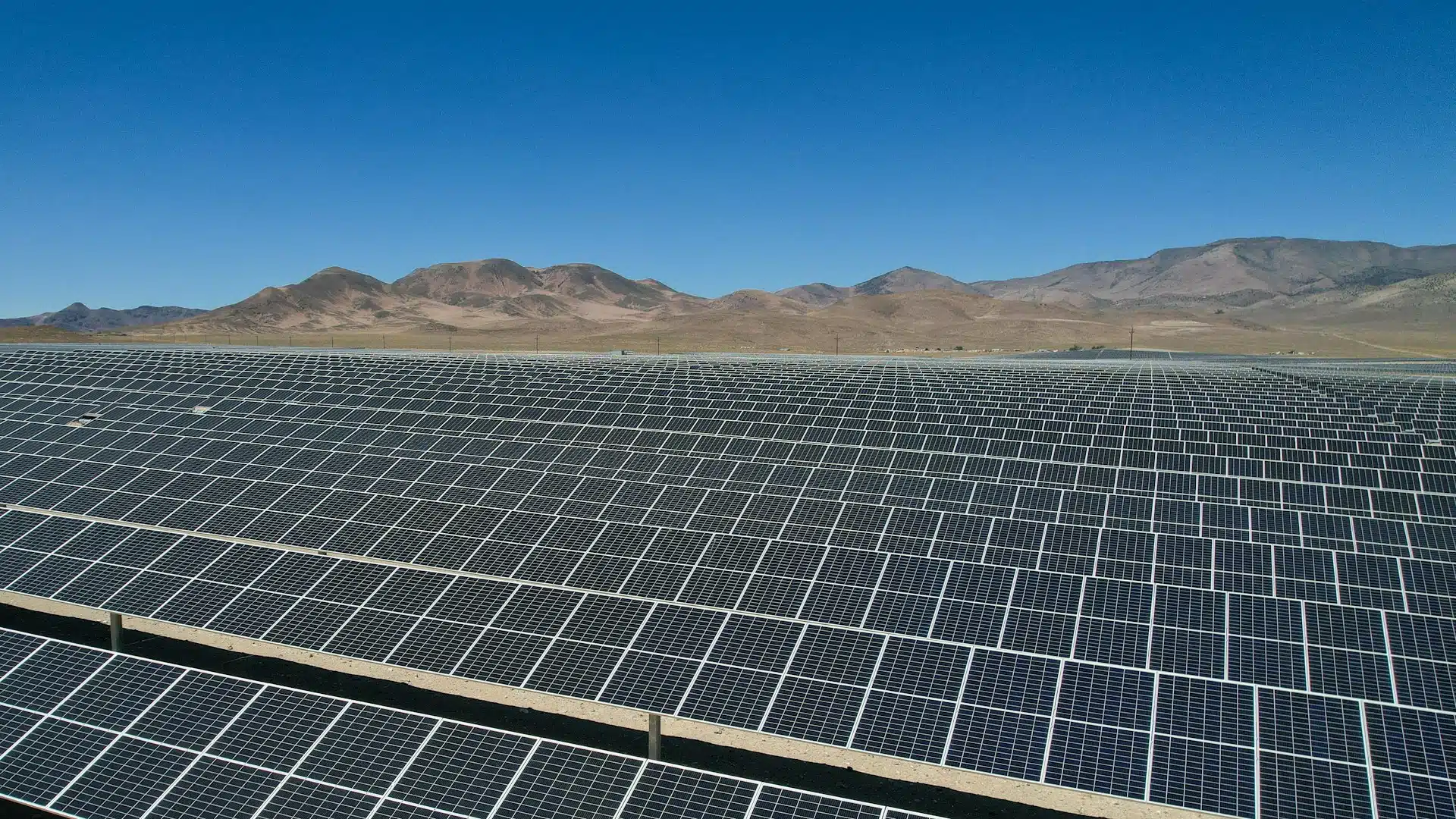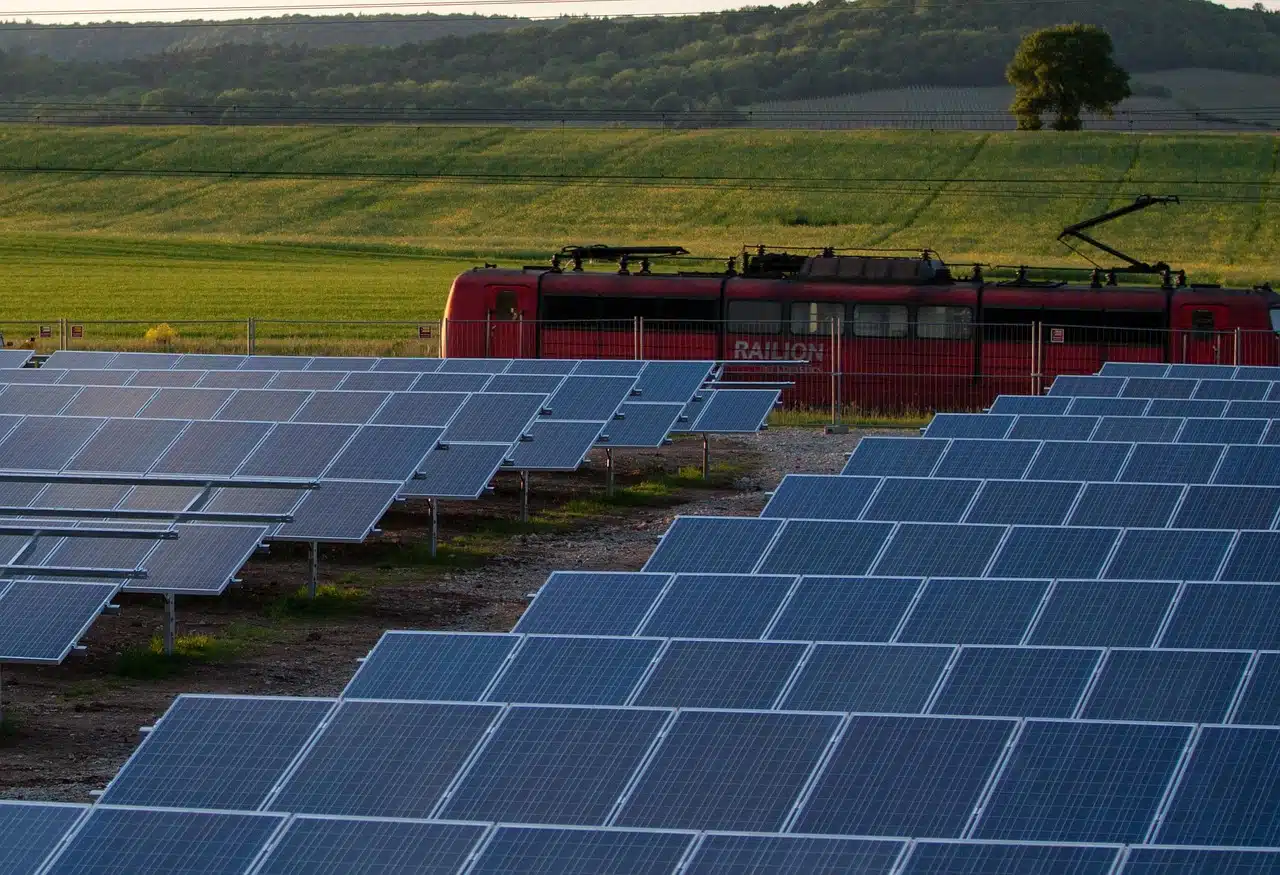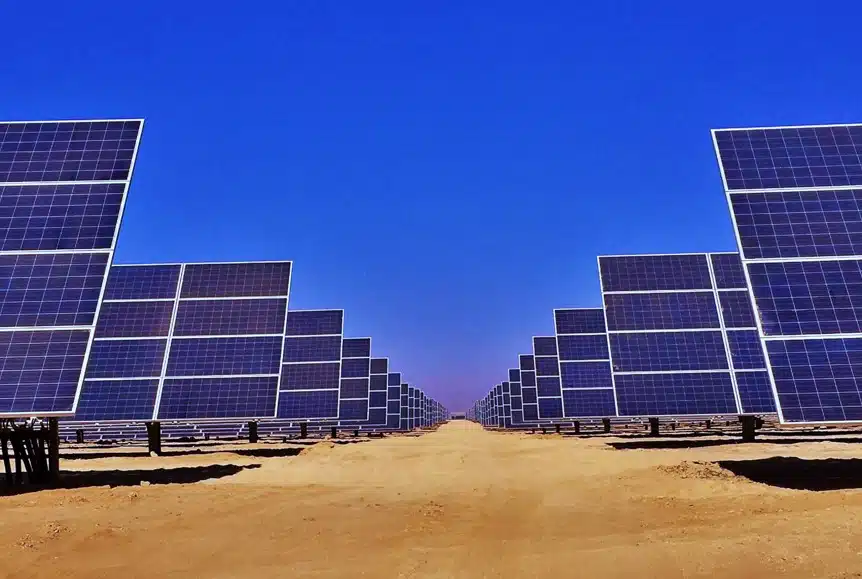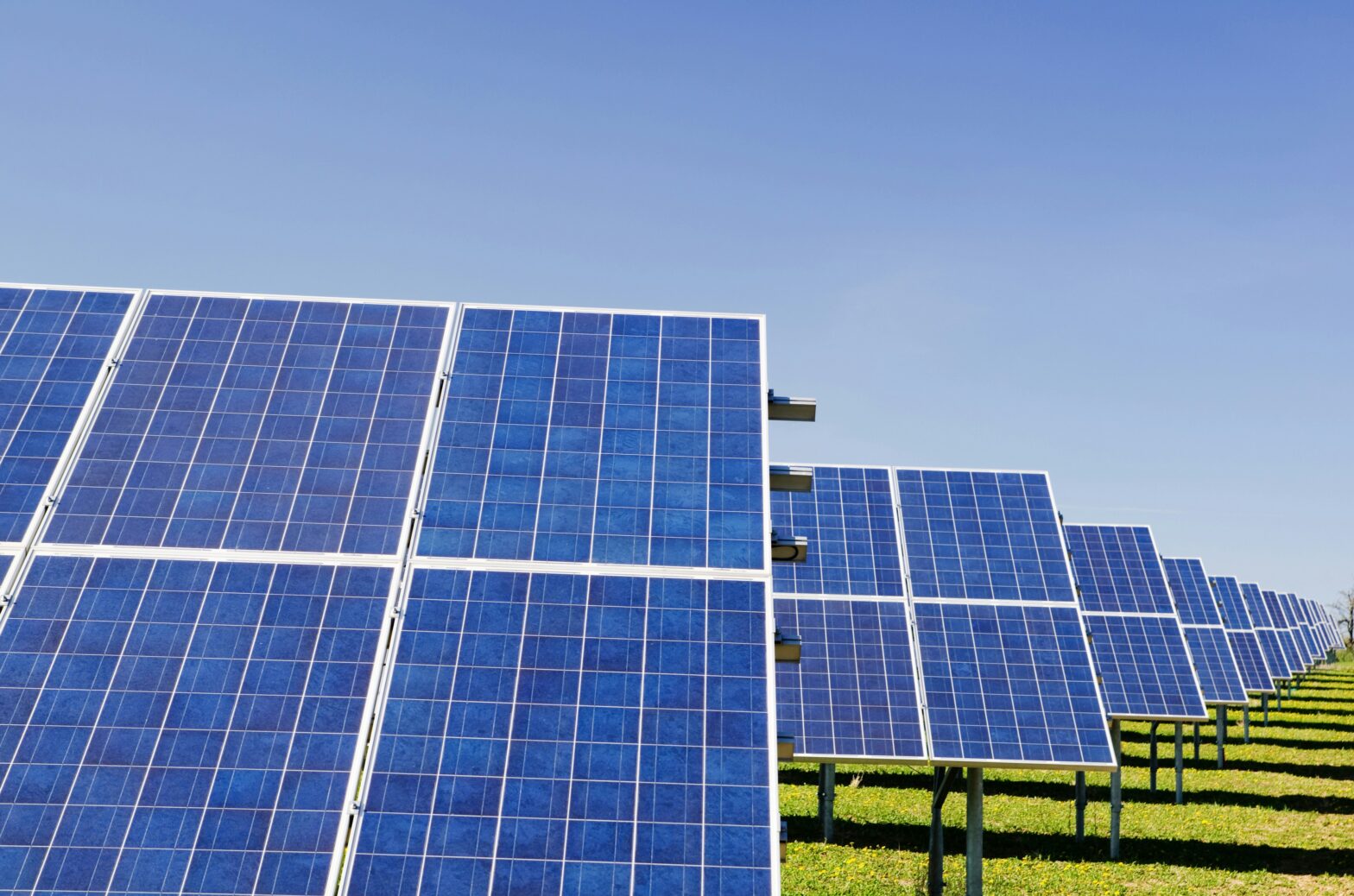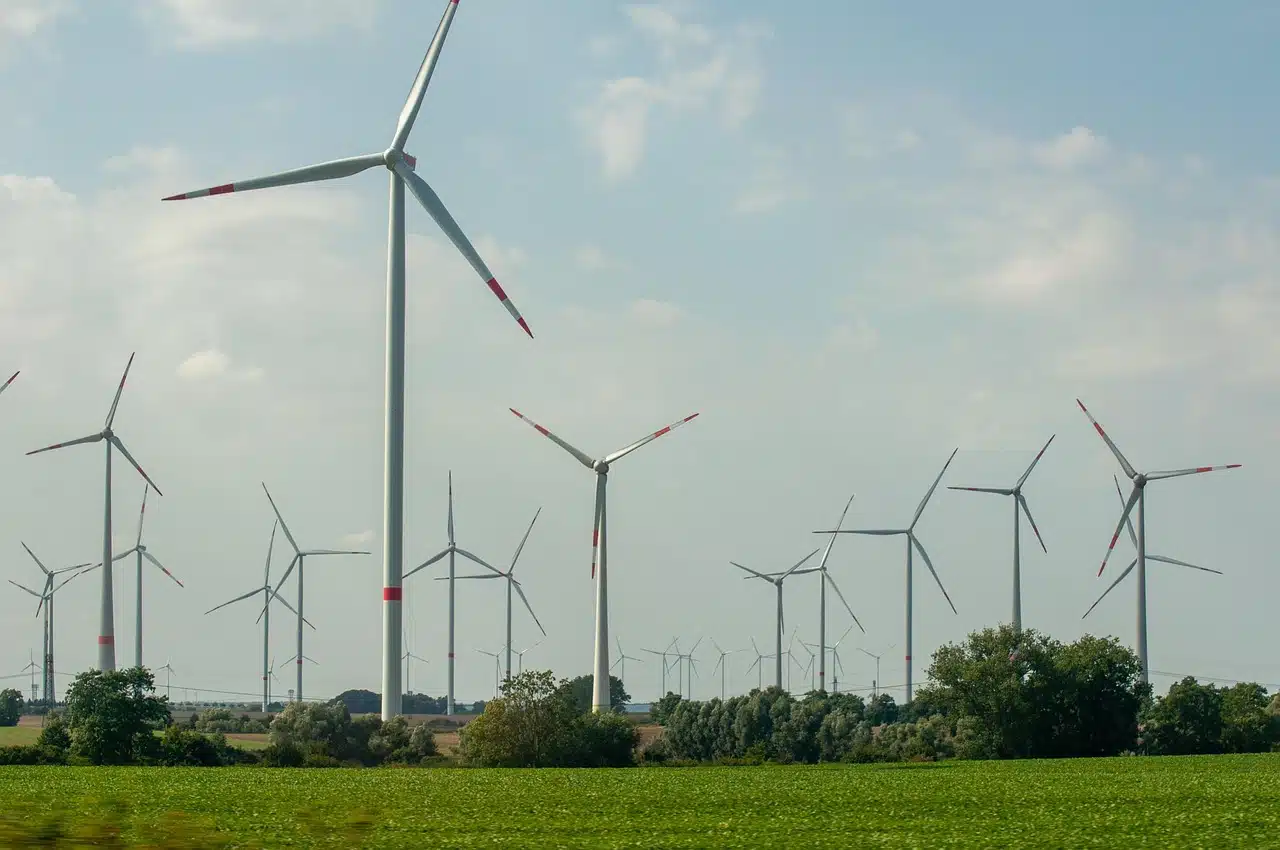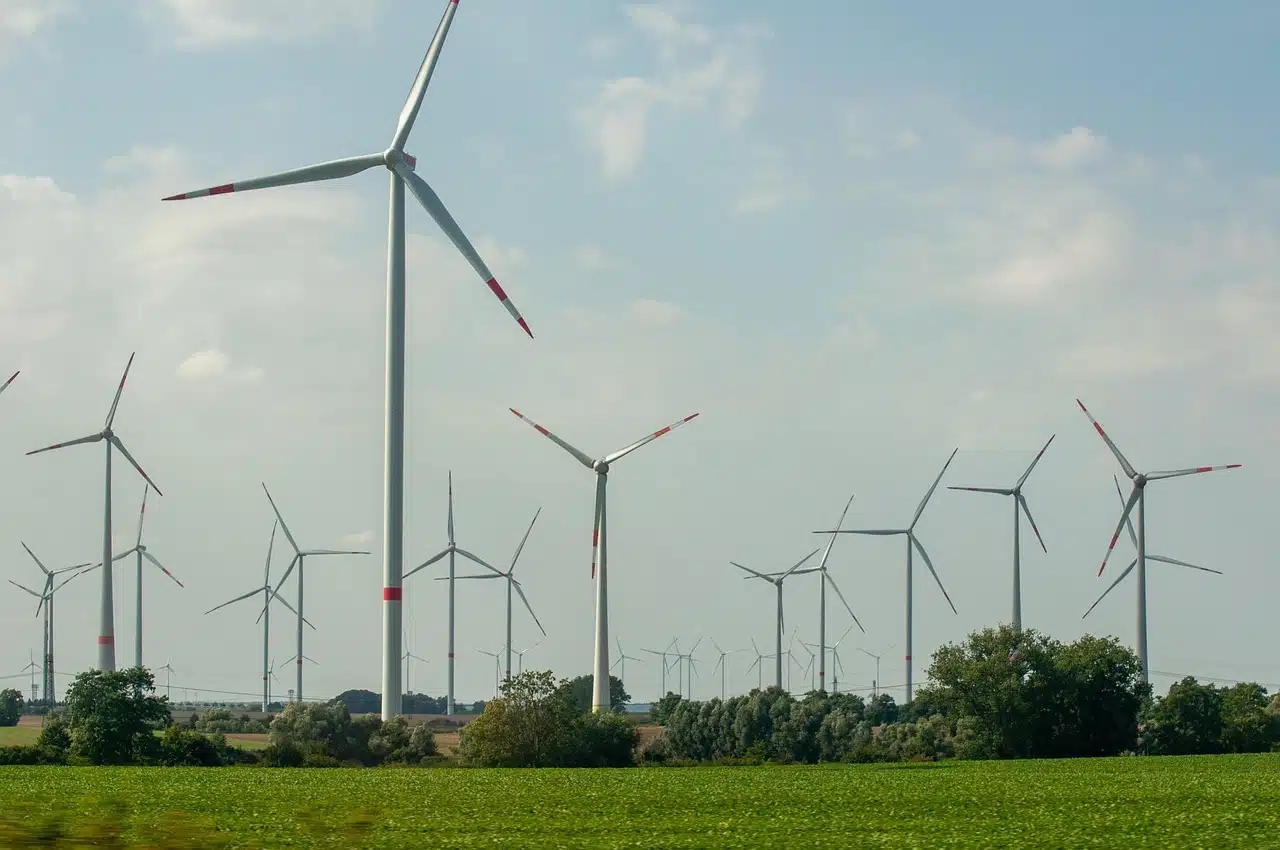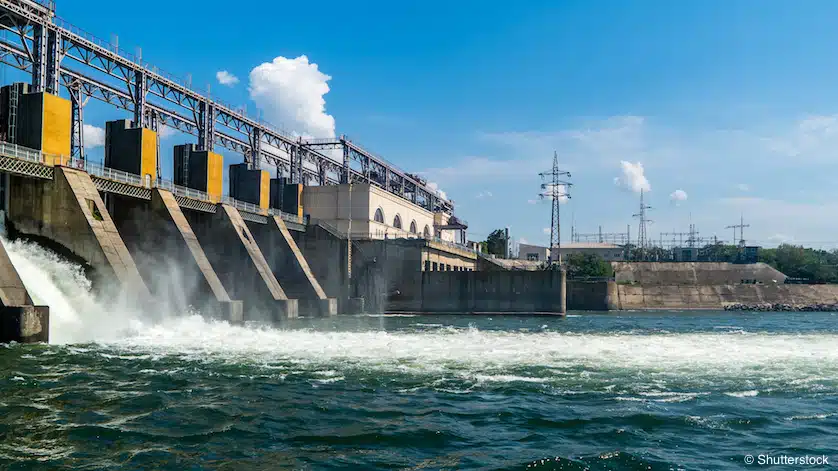Southern African nation, Zimbabwe, signs a $4.4 million project preparation facility agreement with African Export-Import Bank (Afreximbank) to study the 1-gigawatt (GW) hybrid floating solar photovoltaic project on Lake Kariba, Zimbabwe.
This was disclosed during the 32nd Annual Meetings of Afreximbank (AAM2025) held in Abuja in July.
The agreement, signed by Kanayo Awani, Executive Vice President for Intra-African Trade and Export Development at Afreximbank, and Eddie Cross, Chairman of Green Hybrid Power Private Limited.
According to Afreximbank, this project preparation facility targets bankability and feasibility assessments, as well as the engagement of transaction advisers.
Project scope and implementation
Green Hybrid Power, the project developer, plans to implement the solar initiative in two phases.
The initial 500-megawatt (MW) pilot phase will supply electricity to the Intensive Energy Users Group (IEUG), a consortium of major industrial and mining companies, under a 20-year take-or-pay power purchase agreement (PPA).
The project’s second phase aims to scale capacity to 1 GW, potentially improving Zimbabwe’s energy sector.
Afreximbank estimates the initiative could attract up to $350 million in total investment, significantly boosting the nation’s renewable energy infrastructure and ensuring a stable revenue stream, with power sold at a cost-reflective tariff.
Addressing Zimbabwe’s energy challenges
Zimbabwe faces a persistent electricity deficit, with peak demand at 2,200 MW far exceeding the current generation capacity of 1,000–1,400 MW.
The Kariba Dam, the world’s largest artificial reservoir, has been hampered by drought-induced low water levels, reducing its hydroelectric output to just 125 MW—11% of its 1,050 MW capacity.
The floating solar project integrates solar power with existing hydropower infrastructure, enhancing grid reliability and reducing dependence on fossil fuels and imports.
Afreximbank reveals that the project will deliver affordable, reliable electricity to energy-intensive industries, enabling mineral beneficiation and increasing Zimbabwe’s foreign exchange earnings.
By leveraging Lake Kariba’s vast surface, the floating solar system minimizes land use and reduces water evaporation, offering environmental benefits alongside energy security.

